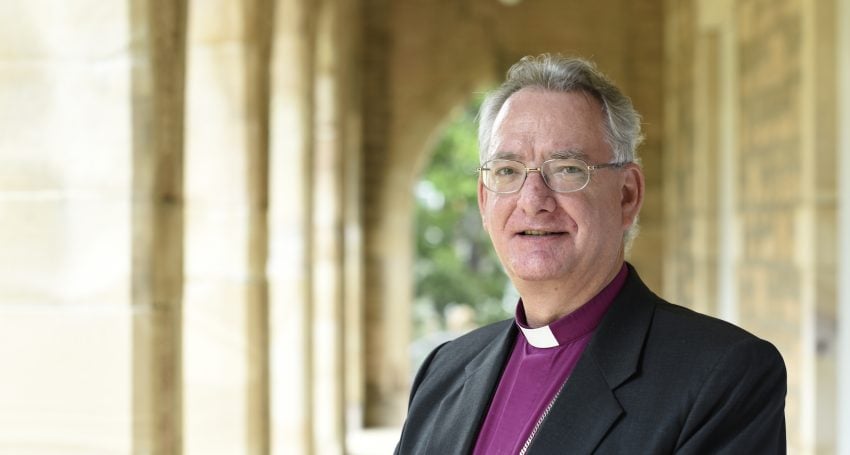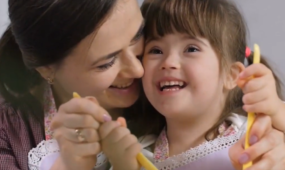Shalom: the heart of peacemaking
Reflections
“Shalom can be present only when relationships with others are full, complete, healthy…Shalom describes what salvation is – people at one with God and with each other,” says Archbishop Phillip Aspinall

In 2014 the General Synod approved a document ‘Being Together – expectations of behaviour in our church community’ and asked every diocese in Australia to adopt it as a guide for behaviour in our church communities and organisations.
‘Being Together’ outlines principles for relationships that are positive and life-giving, even as we live with different views and disagreements.
Differences have the potential to strain relationships and breed resentment. Unchecked, over time, suspicions can grow, trust can be undermined and even contempt for each other can emerge. On the other hand, differences can be a source of strength, growth and unity. The outcome depends on the choices we make.
Advertisement
Our Diocesan theme for 2020 takes up one aspect of Being Together – Practising Peacemaking.
The idea of peace in the scriptures is a very rich one. The ancient Jewish idea of shalom is at the heart of it. ‘Shalom’ is often translated ‘peace’, but it means much, much more than merely the absence of conflict, the end of violence.
Don’t get me wrong, it’s absolutely fundamental that we put an end to violence of all sorts, and especially the kind of violence that is too often directed at women and children.
But shalom isn’t just about the absence of violence and conflict, the absence of negative things. Shalom is also about the presence of the positive things that make life the best it can be.
Shalom is about safety, quietness, rest, well being, wholeness. Shalom is not something an individual person can possess just by themselves. Shalom can be present only when relationships with others are full, complete, healthy. Shalom exists in families and communities when they are healthy, prosperous, thriving, hopeful. Shalom describes what salvation is – people at one with God and with each other.
Related Story
 Video
Video
Archbishop's Message 2020
And shalom isn’t just a final state, an end. It’s also about the process of moving towards that end, that fullness, that completeness. Shalom is the way as well as the destination.
Christians, of course, see shalom most clearly in Jesus. He embodied it, lived it, showed the way and the truth by living the life. Jesus painted a picture for us of the end God will bring about, the kingdom of God or the kingdom of heaven. And he showed us we could live the life of that kingdom now as we wait for God to complete it.
Our Diocesan theme this year is an invitation to follow that way and live that life by Practising Peacemaking. When relationships are strained or broken we can build bridges to reconnect with others. We can decide to put down ‘weapons’ that will hurt or harm. We can choose not to use words to criticise or attack. Instead we can choose to take time to listen, to see things from the other’s point of view, to apologise where we‘ve been in the wrong and to sow the seeds of peace, of shalom.
I invite you to do this at school, at work, in your family, in your church, in all the places where you share your life with other people: Practise Peacemaking.
I look forward to hearing about how you do it.






